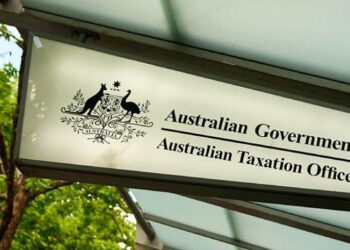Since the transfer balance cap reporting commenced for SMSFs, the ATO said it has seen a high level or re-reporting from the sector.
This is mostly in response to determinations and commutation authorities that have been issued, the ATO said in an online update.
“In some instances, the amended reporting indicates that the member was not actually receiving a pension during 2017–18, the pension was commuted on 1 July 2017 so that the member was never in excess or that the member had commuted the pension before 1 July 2017 to avoid being in excess and the trustees had incorrectly included the commuted amount in their original reporting to us,” the ATO said.
The ATO said the amended reporting may also suggest, in some cases, that the member commenced a pension during 2017–18; however, the initial value reported to the ATO has been amended so that the individual no longer exceeded their transfer balance cap.
“The amended reporting usually results in the determination or commutation authority being revoked,” the ATO said.
“Approximately 39 per cent of the commutation authorities issued to SMSFs in the last 12 months since were revoked, including commutation authorities issued to APRA funds after SMSFs had corrected reporting errors.”
Due to the large number of amended transfer balance account reports (TBARs) the ATO is receiving for SMSFs, it is important that SMSF auditors check for certain items where a member received a pension during the 2017–18 financial year, the ATO said.
The ATO said that SMSF auditors should be checking:
- That an appropriate condition of release was met.
- That the pension is valued correctly in the financial statements.
- The commencement date of the pension and any commutations have been properly documented.
- Exempt current pension income has been correctly calculated with respect to the pension and any commutations which occurred during the year have been considered.
- The payments from the pension have actually been paid.
- The minimum pension payment requirements have been met.
Trustees have an obligation to ensure that their TBAR reporting is true and correct, supported by the correct documentation and aligns with their ECPI claim for a year, it said.
“Any TBAR re-reporting by SMSF trustees for future income years will be closely monitored by us. We may request evidence of relevant documents and calculations to substantiate the TBAR amendment,” the Tax Office said.


